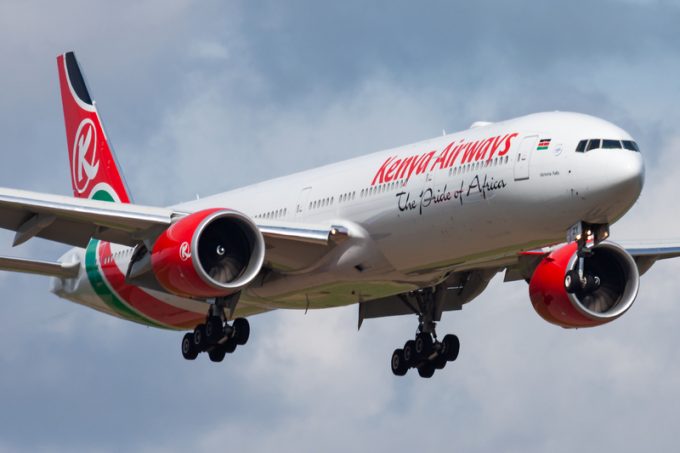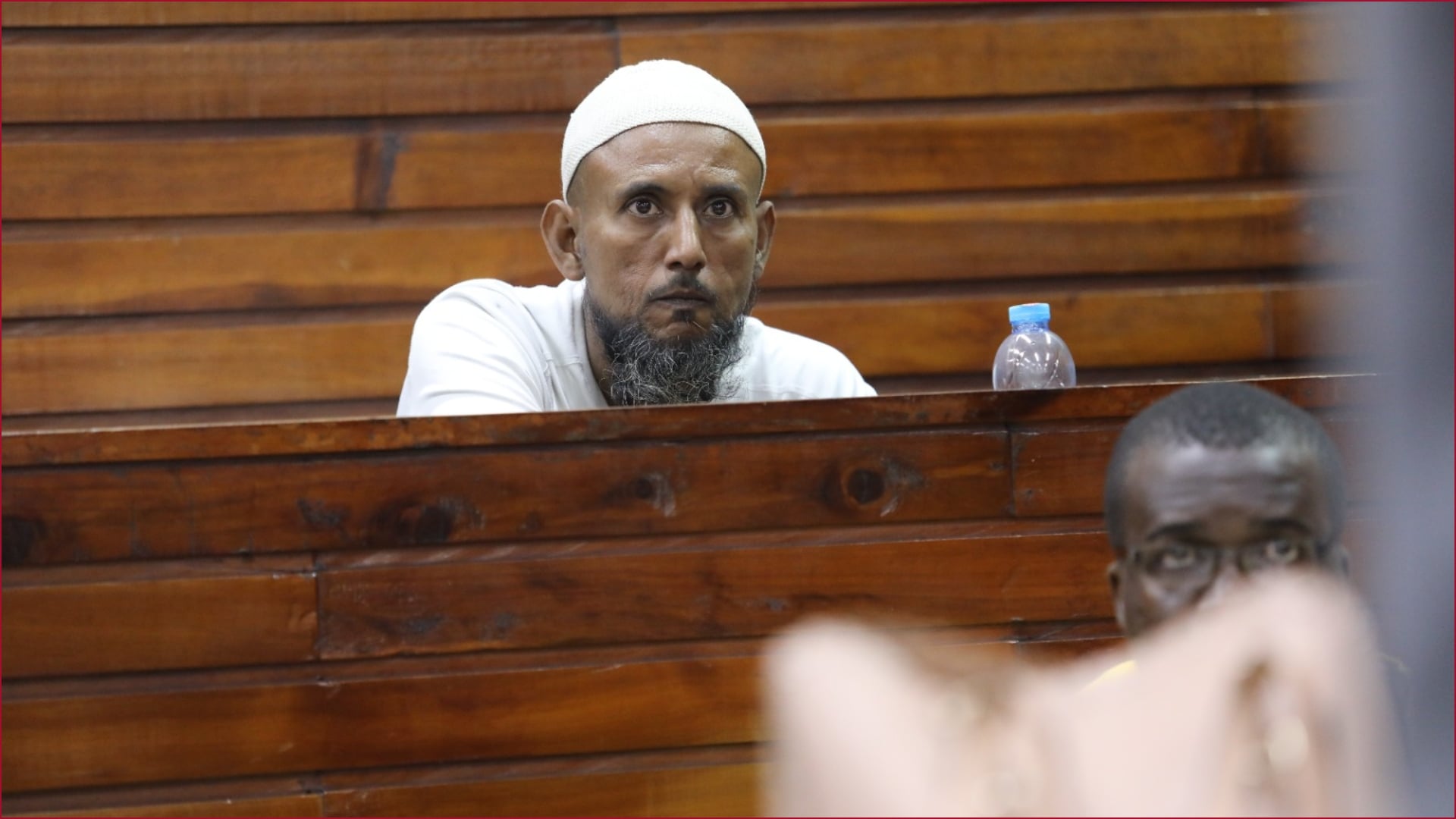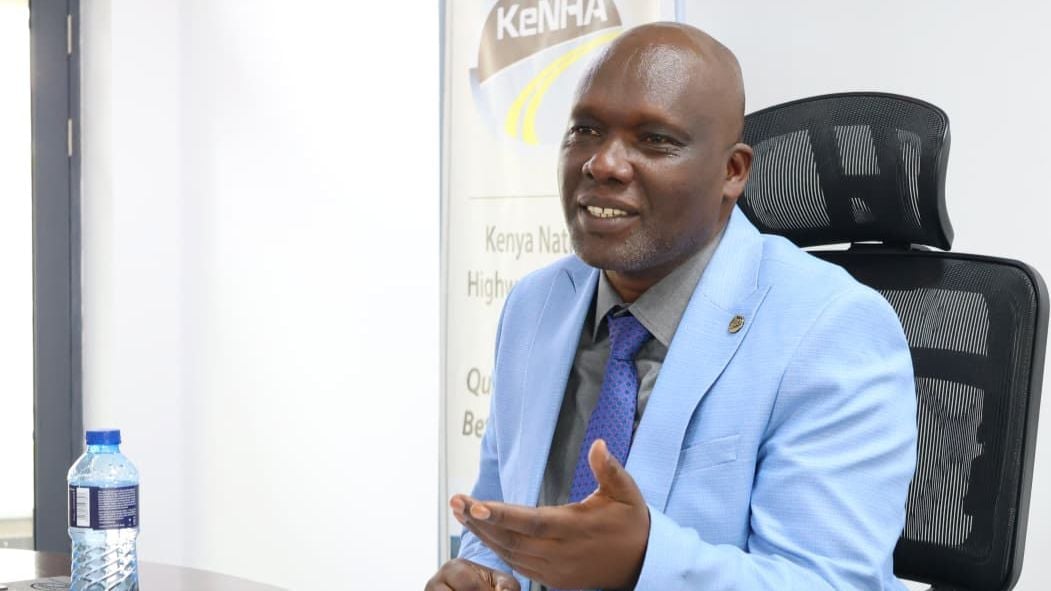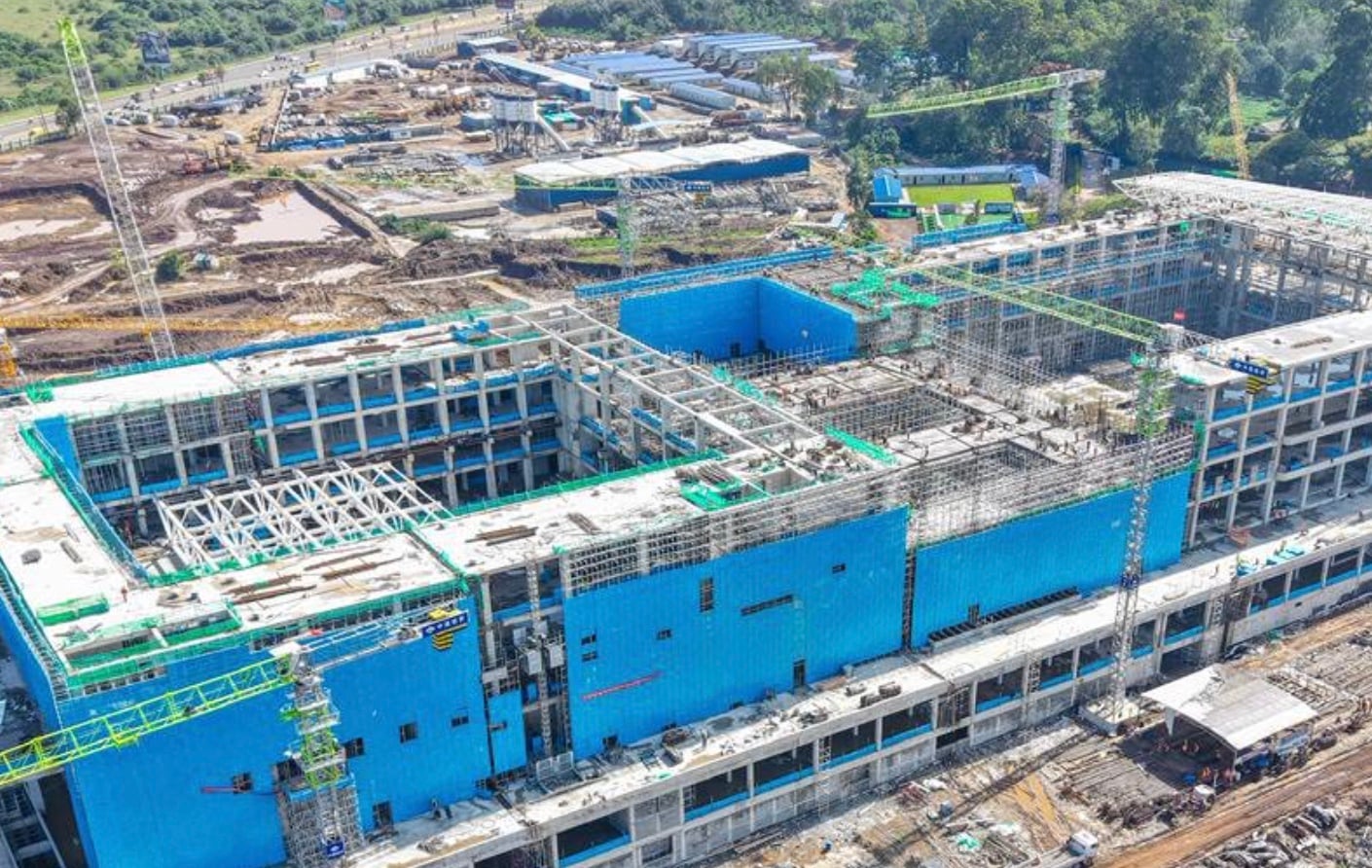President William Ruto has announced measures to optimise the Social Health Authority (SHA) and make it efficient for the beneficiaries.
Addressing the nation during the 62nd Madaraka Day celebrations in Homa Bay County, the president noted that since its rollout last October, the new health scheme had made access to health cover easier for the common citizenry.
He noted that over 23 million people had been registered in SHA since its inception, with an average of 50,000 new registrations daily.
Alive to the huge numbers, the president said quality was necessary, committing to improve the scheme along the way and introducing a flexible method through which Kenyans can pay for their annual premiums.
Read More
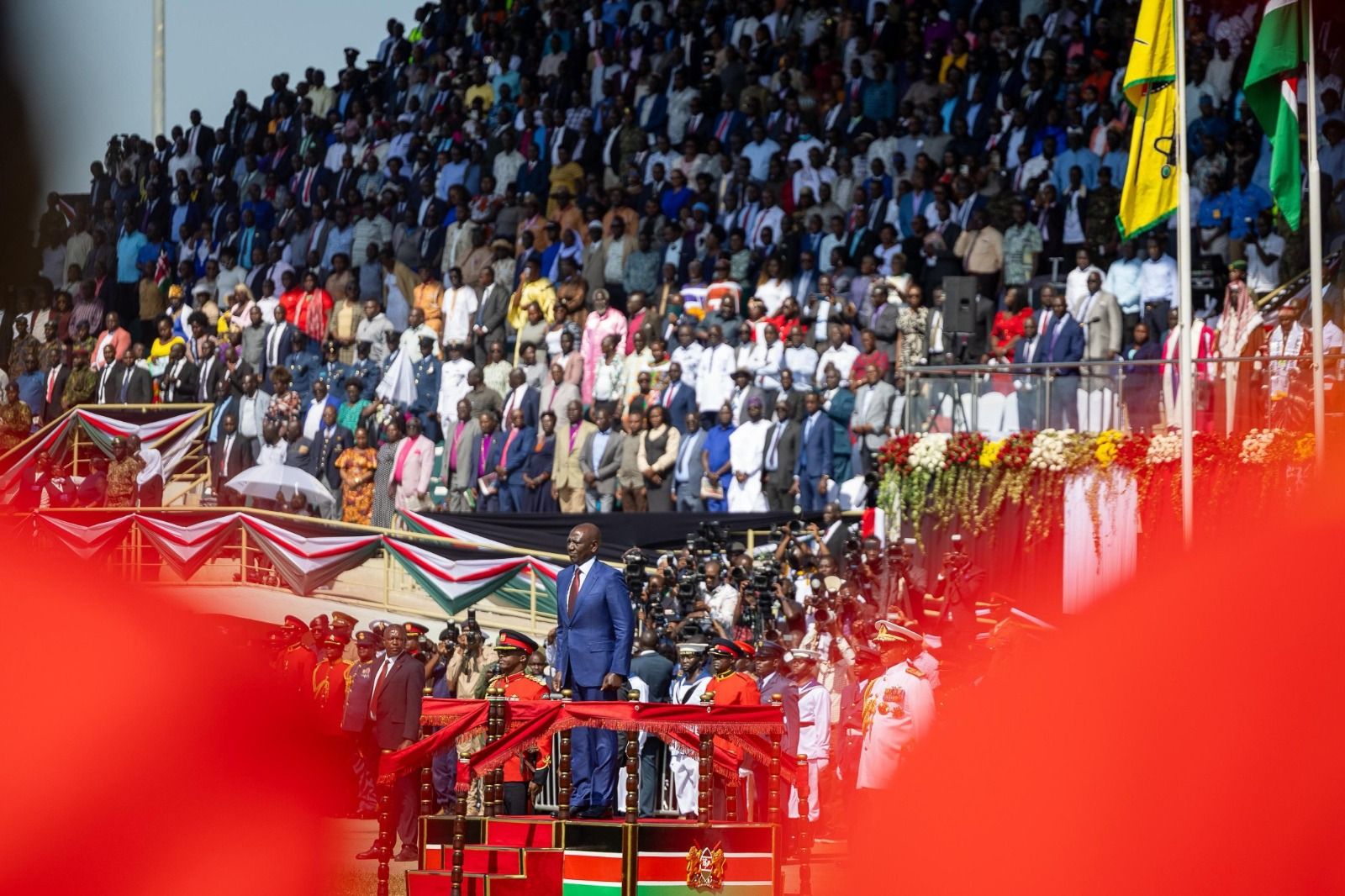
Those registered but working in the informal sector will now start paying in instalments for the system to be in synch with their irregular income.
"To address persistent challenges such as irregular premiums and other contributions among informal sector workers, we are introducing an innovative and inclusive payment solution called Lipa SHA Pole Pole or Lipa SHA Mosmos. This initiative enables Kenyans to remit their annual SHA contributions through flexible, manageable instalments, whether monthly, weekly, or even daily, based on their financial ability," Ruto said.
Ruto said the payment system has been actualised through a multi-agency approach involving the Ministry of Health, the Ministry of Cooperatives and MSMEs, mobile network operators, and financial institutions.
To register, one dials *147# and then complies with the prompts.
Ruto said the government would commit more funds to strengthen Taifa Care
and sustain its momentum.
"The government has allocated sufficient resources to fully fund primary healthcare services. Every registered Kenyan can now access care in public and SHA-contracted facilities at no cost. Taifa care is universal in both words and deed," he said.
The new health scheme replaced the now-defunct National Health Insurance Fund (NHIF), which had been in place for over five decades.
-1748774300.jpg)
